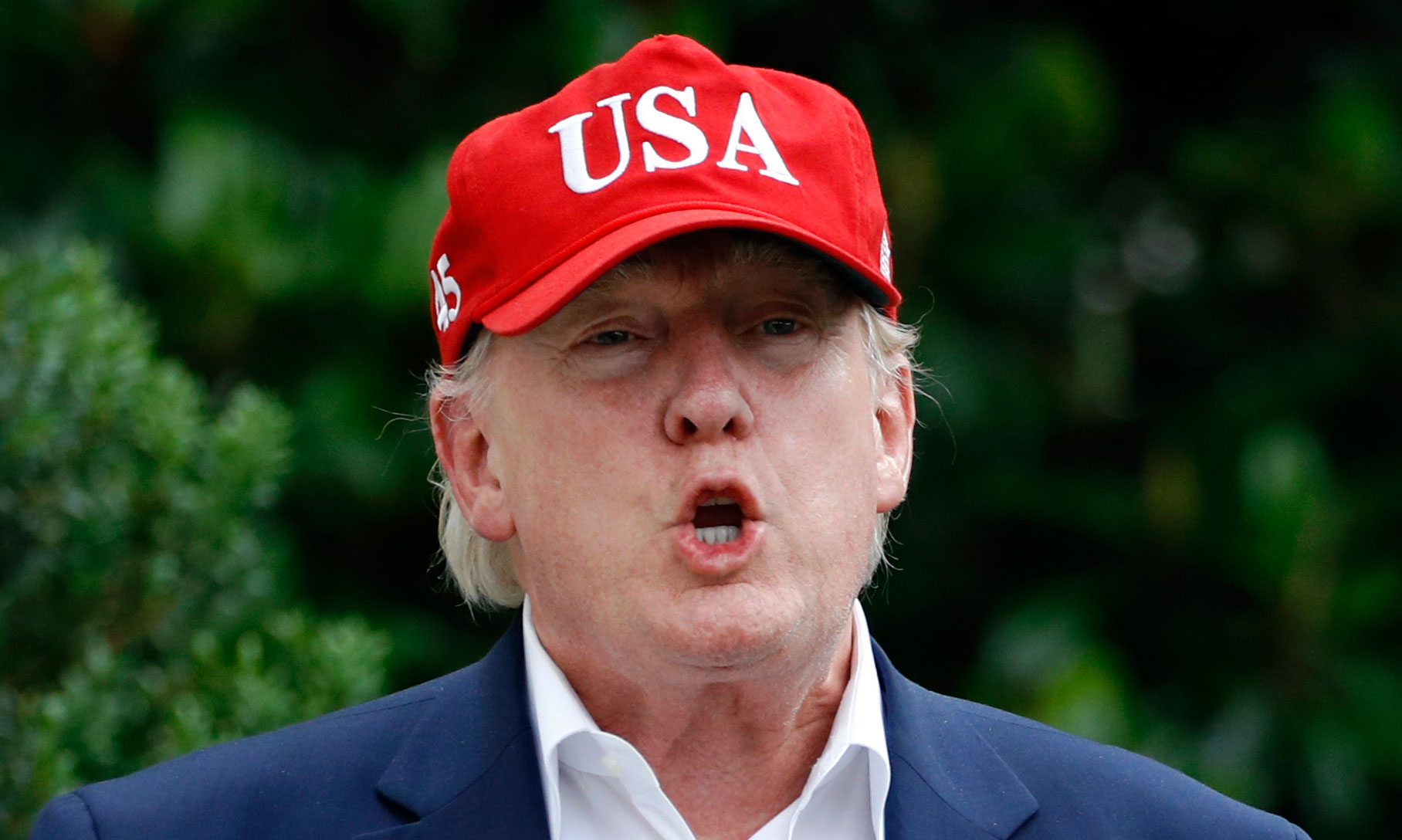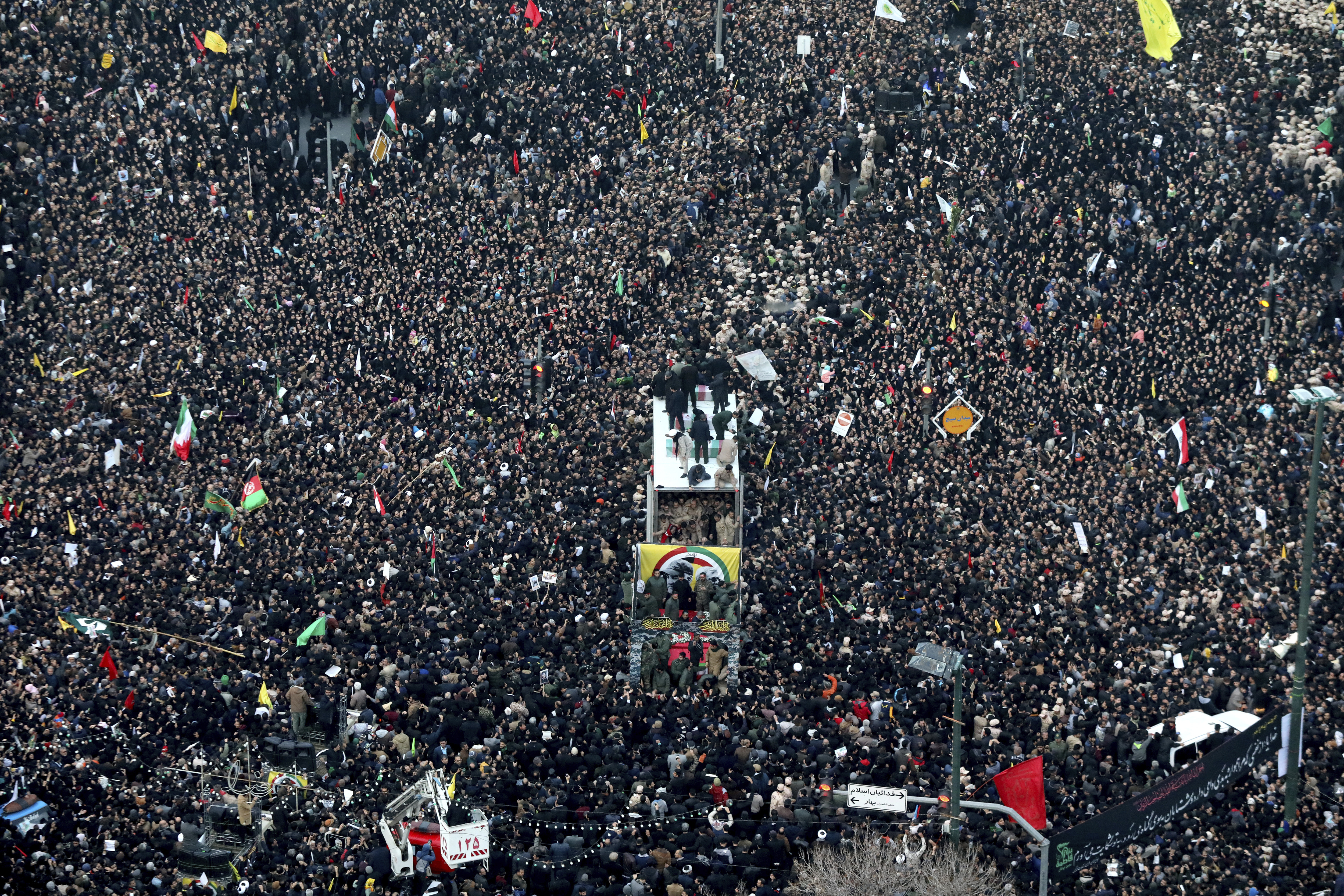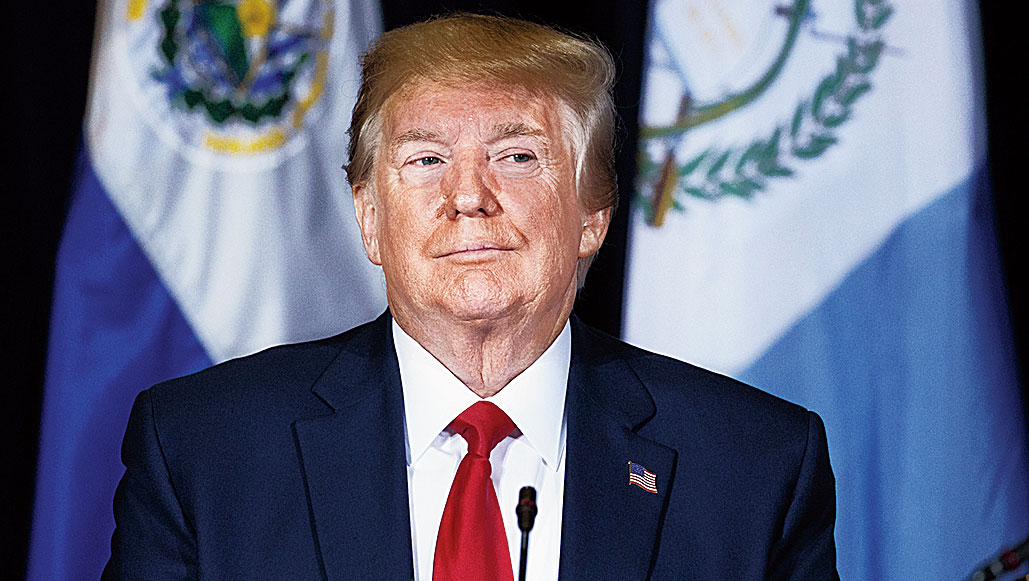When in trouble, Republicans and Democrats have always chosen to wag the dog. The former president of the United States of America, Bill Clinton, had launched air strikes in Iraq when faced with impeachment. Donald Trump — impeachment proceedings have been announced against him too — has, arguably, gone a step further, endorsing the assassination of Qassem Soleimani, an influential Iranian general, who, the US president insists, had a hand in attacking American personnel in the region as well as plotting strikes in, among other cities, New Delhi. Mr Trump would be hoping that his intervention would bolster his domestic ratings. This, in turn, would have a bearing on the impeachment and the prospects of re-election. Adventurism suits Mr Trump’s style of functioning. But it has the potential to disrupt the fragile peace in the Middle East. The Iranian leadership, whose relationship with Mr Trump’s administration has witnessed a precipitous decline, has sworn revenge. The threat, however, transcends American targets. Tehran had moved in quickly to fill the vacuum that had arisen on account of — note the delicate irony — the US’s decision to topple Saddam Hussein in Iraq and the Taliban in Afghanistan. What helped Shia Iran push forward with its expansionism was a carefully prepared network of alliances. Iran has managed to stitch up a regional network that includes Turkey, Qatar and Syria, a coalition that seeks to confront the US and Saudi Arabia with covert support from some permanent members of the United Nations security council. There is a reason why France, Russia and China have taken a pointedly dim view of Mr Trump’s latest bout of recklessness. Renewed hostility in the Middle East is most likely to upend the not-so-robust firewalls in place to contain the spreading fires as well as ignite Tehran’s nuclear ambitions.
India and the world are likely to be singed by the flames, given the fact that the Middle East remains the veritable pot of gold on account of its oil reserves. An anxious New Delhi is reported to have been working the lines, but with little effect. What makes the Bharatiya Janata Party-led government’s task difficult is that the conflicting regional interests make taking sides tricky. India would need to balance the competing demands without compromising its core strategic imperatives.













